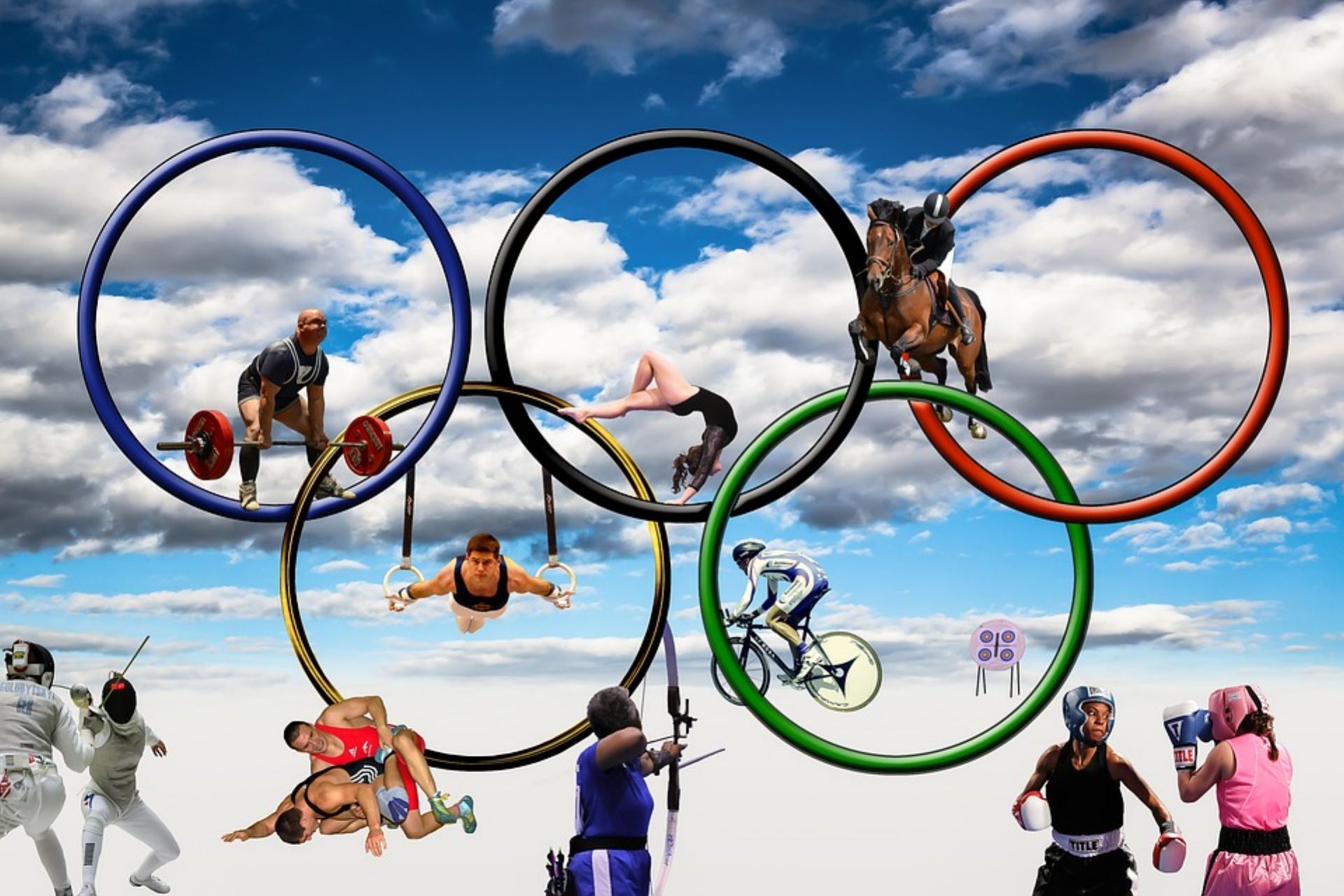what olympic events are left A comprehensive guide to olympic words and terms
The Olympics is an extraordinary event that brings people together from all corners of the world, celebrating not just sportsmanship, but the rich tapestry of cultures that each participating nation represents. As we delve into the world of the Olympic Games, we uncover not only the athletic prowess of the competitors but also the unique terminology and historical significance that surrounds this grand event.
A Comprehensive Guide to Olympic Words and Terms

This illustration serves as a visual representation of key terms and phrases commonly associated with the Olympics. Understanding these words enhances our appreciation for the games and fosters a deeper connection with the athletes and their journeys. From "Olympiad" to " podium," each term carries with it a story—a glimpse into the heart of what the Olympics truly stand for. The terms also reflect the evolution of the games over the years, highlighting how language and culture intermingle throughout this prestigious event.
History of the Olympics: Oh, how far we've come

The history of the Olympics is a tale as old as time, steeped in tradition and glory. Originating in ancient Greece, the Games were dedicated to the god Zeus and were held in the city of Olympia. The ancient Olympics featured various events such as wrestling, chariot racing, and even a form of boxing that has evolved into many modern sports we know today. Through this journey, we’ve seen remarkable changes that have transformed the landscape of the Olympic Games.
Fast forward to modern times, the Olympics have become an interval of unity amidst diversity. Every four years, athletes from across the globe gather, showcasing their skills and competing for the ultimate honor. We have witnessed the introduction of new sports, technological advancements in training and equipment, and the ongoing pursuit of breaking records. Each Olympiad paints a new picture of what can be achieved when nations come together under a common banner of passion and excellence.
The Games also serve as a powerful platform for cultural exchange. Athletes become ambassadors of their countries, sharing their unique cultures, traditions, and stories with the world. This exchange fosters a greater understanding and respect among different nations. The Olympics has the remarkable ability to break down barriers and challenge stereotypes, encouraging all of us to embrace our differences while celebrating our shared humanity.
Moreover, the journey to the Olympics is often fraught with challenges. Athletes pour their hearts and souls into their training, overcoming hurdles that range from physical injuries to mental blocks. Their quests for gold, silver, or bronze are not just about personal glory; they inspire countless individuals to chase their dreams, no matter how distant they may seem.
Through trials and triumphs, the spirit of the Olympics resonates deeply within us. It urges us to push our limits and strive for excellence, to work not just for ourselves but for our teams, families, and nations. The sense of pride that washes over an athlete when they hear their national anthem played is unparalleled. It is a reminder of their hard work, perseverance, and the legacy they are crafting for future generations.
As the world gears up for the next Olympic Games, we are reminded of both how far we have come and how far we still have to go. Challenges such as inclusivity, environmental sustainability, and the physical and mental well-being of athletes are issues that need to be addressed. With an eye toward the future, we can work together to ensure that the Olympic spirit continues to thrive and evolve. The journey is ongoing, and as it unfolds, we become a part of this rich legacy, influencing what the Olympics will mean to future generations.
In summary, the Olympics is more than just a sporting event; it is a rich tapestry of history, culture, and human potential. By understanding the terms associated with the Games and recognizing the significance of their storied past, we can appreciate the Olympics in a new light. As we eagerly await the next chapter in this remarkable saga, let us take a moment to reflect on what the Olympics means to us personally and collectively—as a global community coming together to celebrate the indomitable human spirit.